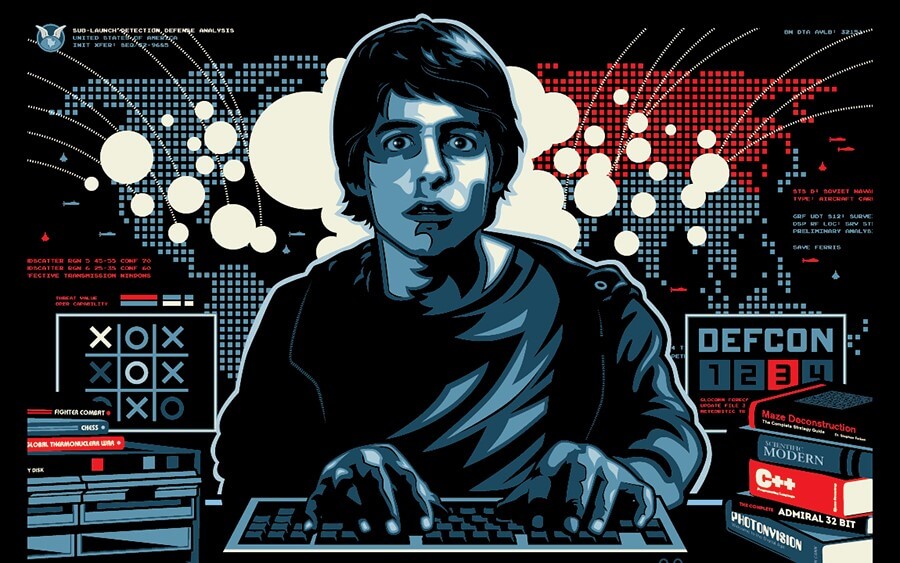Table of contents of the article:
The film and television industries, over the years, have exercised an undisputed fascination on entire generations, not only in terms of entertainment but also as a source of inspiration for careers and professional aspirations. In particular, for those who have chosen the field of IT and systems engineering, some films and TV series have had such a strong impact as to determine life choices and academic paths. This phenomenon extends beyond simple admiration for narrative fiction, touching on intellectual curiosity and the desire to emulate the technical skills depicted on screen.
For many professionals in the sector, the passion for IT and systems engineering did not arise in university classrooms or technical laboratories, but in cinemas and in front of television screens. These mediums have contributed to demystifying and at the same time mythologizing the role of the system administrator and the hacker, pushing many to undertake specific studies, to experiment as self-taught people and, finally, to transform a hobby into a profession.
Cinema and television have played and continue to play a role as a cultural catalyst, influencing the public perception of professions linked to the IT world and stimulating interest in technology. The "coolness" represented in the films, the representation of the intellectual challenge and the dramatic tension of the narrative have made the work of the systems engineer and hacker extremely attractive in the eyes of a young and impressionable audience.
Below, a list of films and TV series that have left their mark on the IT community, ordered by their release date, and accompanied by a brief description of the cast and plot, elements that have contributed to creating myths and stimuli for aspiring systems engineers and technology enthusiasts.
WarGames – War games (1983)
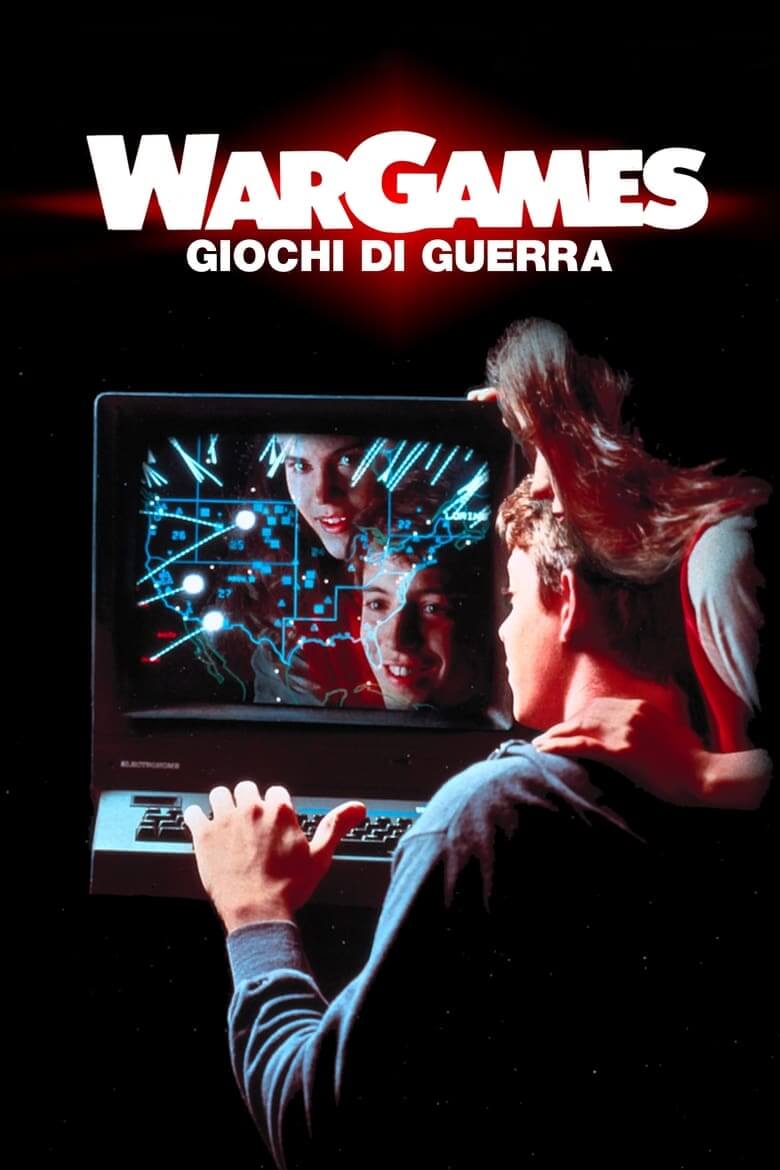
Cast: Matthew Broderick, Dabney Coleman, John Wood, Ally Sheedy.
A cybernetic precursor: “WarGames” represents one of the first films that introduced the general public to the concepts of hacking and cyber warfare. The story follows David Lightman (Broderick), a computer-loving teenager who accidentally discovers a NORAD thermonuclear war simulation system, thinking it's just an online game. As they immerse themselves in this virtual reality, David and his friend Jennifer (Sheedy) realize that their actions in the game could have disastrous consequences in the real world, potentially sparking World War III. This technological thriller not only provided entertainment but also raised awareness among the public about the potential and dangers of emerging technology.
The Lords of Fraud (1992)
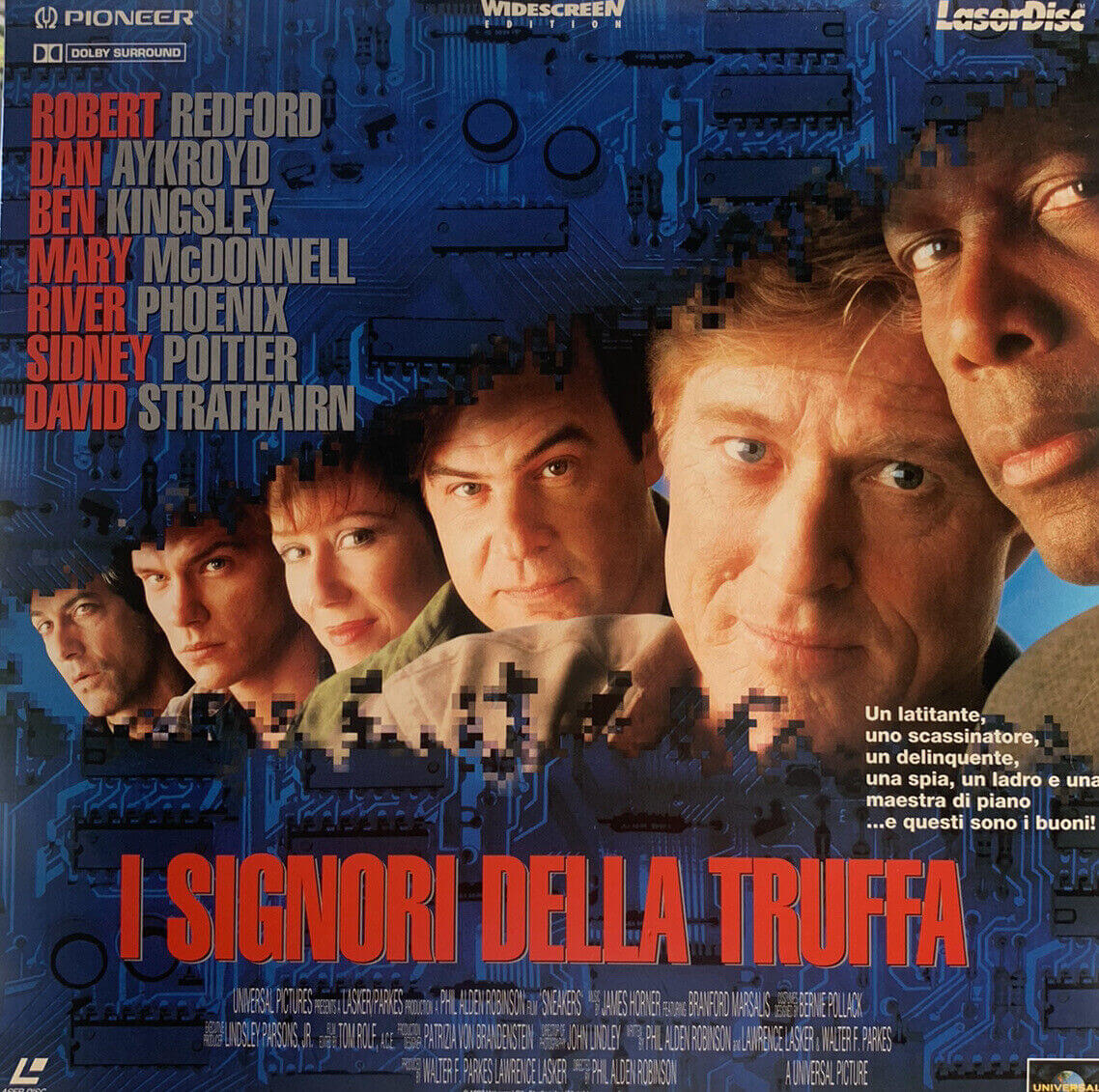
Cast: Robert Redford, Dan Aykroyd, Ben Kingsley, Mary McDonnell, River Phoenix.
Intelligence and intrigue: The film follows the story of Martin Bishop (Redford), the leader of a team of security experts who is blackmailed by the government to recover a mysterious object. With a plot that intertwines espionage, suspense and technology, the group must navigate deception and danger while confronting their past and the possibility of an uncertain future. The film's ability to combine technology and thriller narrative has made many people aspire to become like these "good hackers" engaged in cybersecurity.
The Net (1995)
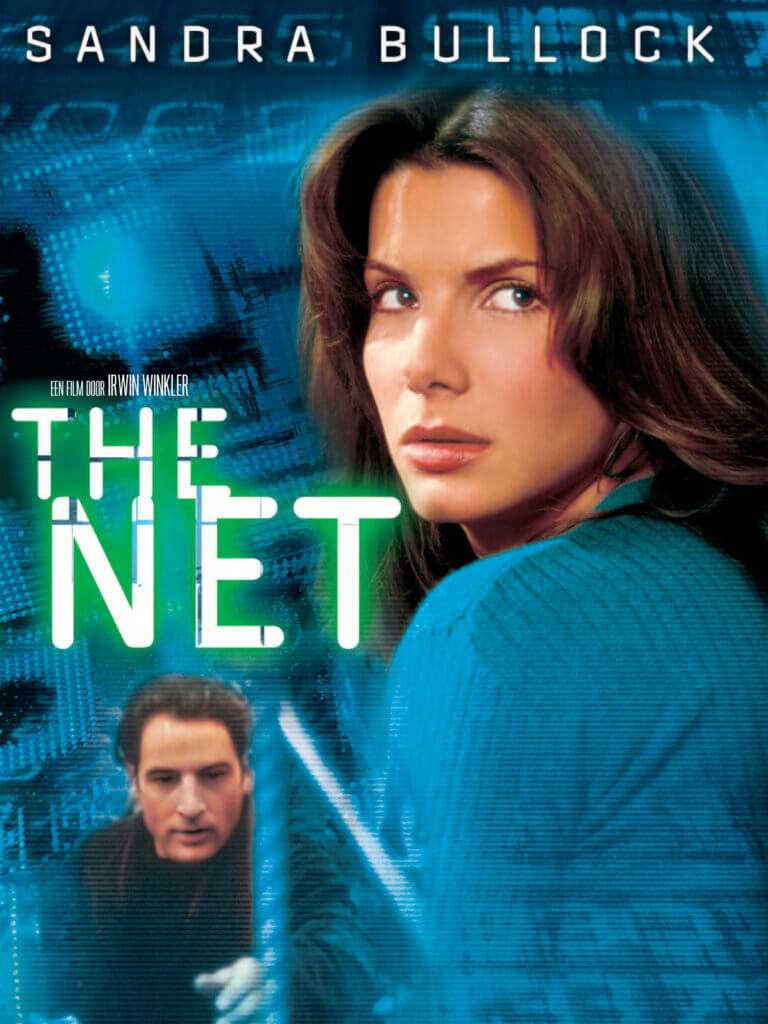
Cast: Sandra Bullock, Jeremy Northam, Dennis Miller.
Privacy and digital identity under the lens: Angela Bennett (Bullock) is a systems analyst who lives an isolated, work-filled life. However, her peaceful existence is turned upside down when she stumbles upon a plot that sees her as the protagonist of an electronically replaced and erased identity. This gripping storyline, which tackles issues of privacy, identity theft and government conspiracies, raised profound questions about the vulnerability of our digital lives.
Hackers (1995)
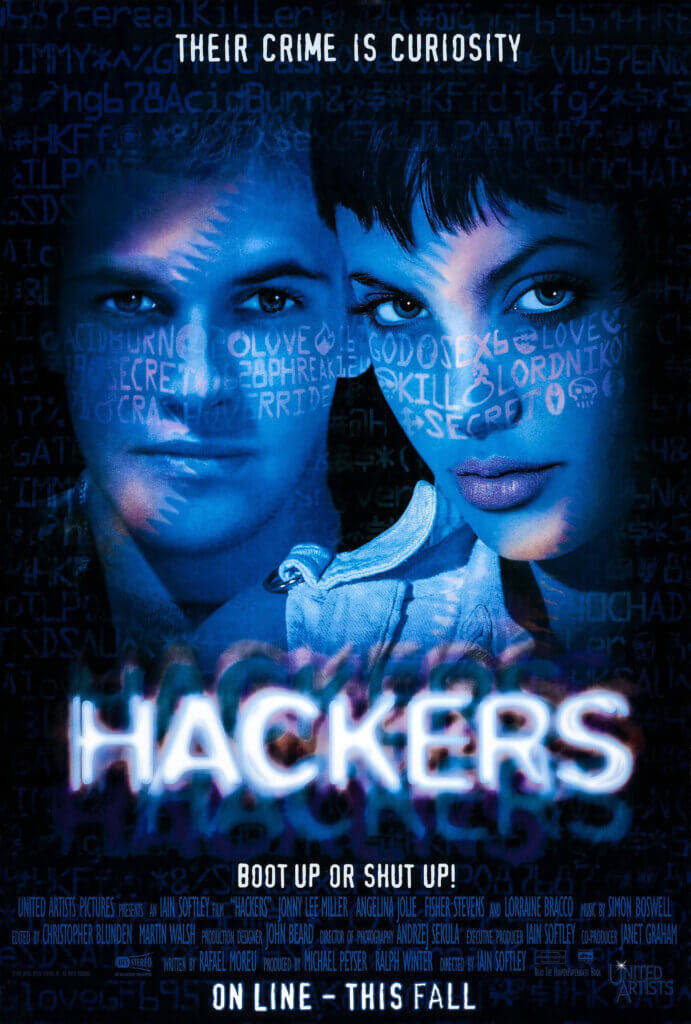
Cast: Angelina Jolie, Jonny Lee Miller, Jesse Bradford, Matthew Lillard, Fisher Stevens.
Hacker culture enters the scene: The film follows the group of teenagers led by Dade Murphy (Miller), aka “Zero Cool,” who uncover an ecological conspiracy hidden in a corporate supercomputer. Despite their good intentions, they are pursued by the FBI as cybercriminals. “Hackers” popularized the image of the hacker as a counter-hero and introduced a cyberpunk aesthetic that influenced a generation of tech enthusiasts.
Johnny Mnemonic (1995)
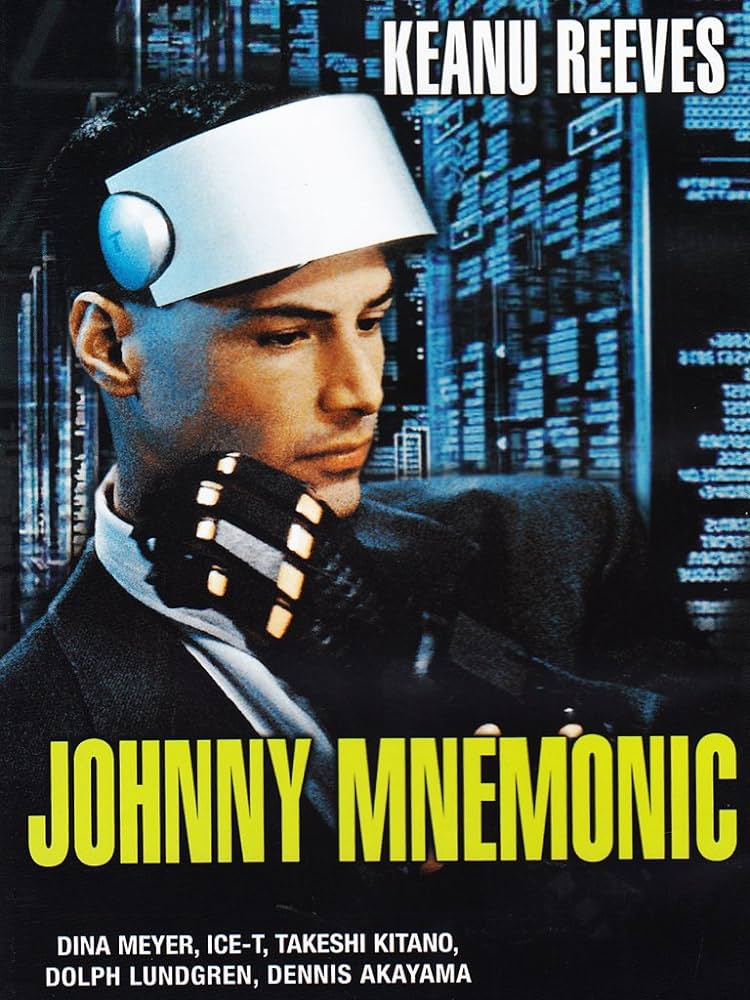
Cast: Keanu Reeves, Dolph Lundgren, Dina Meyer, Ice-T.
Cyberspace as an extension of the mind: The film takes place in a dystopian future where data courier Johnny Mnemonic (Reeves) is tasked with transporting secret information into his cybernetic memory. Dangerously overloaded with data and pursued by powerful enemies who want to exploit the information he brings, Johnny must fight for survival. “Johnny Mnemonic” not only brought to light issues such as information overload and technological addiction, but also stimulated interest in the field of data storage and cybersecurity.
Public Enemy (1998)
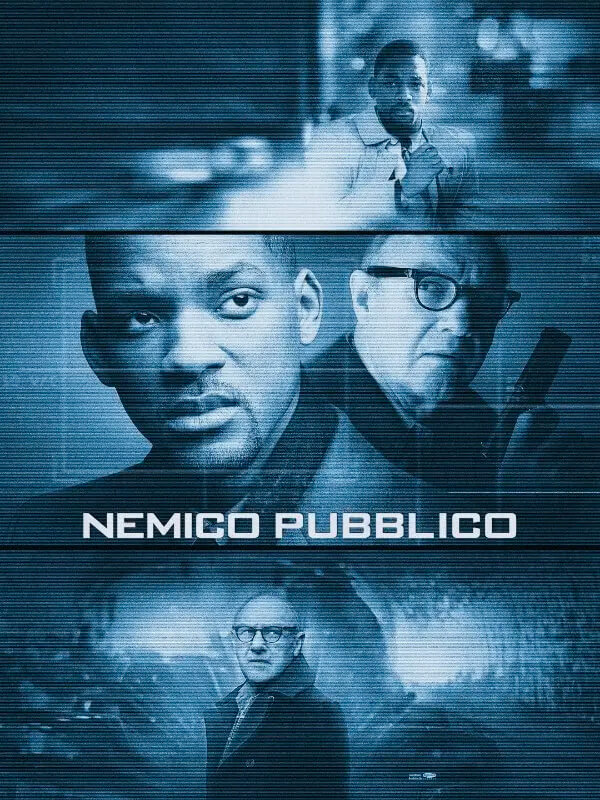
Cast: Will Smith, Gene Hackman, Jon Voight, Lisa Bonet.
Surveillance and technological paranoia: Lawyer Robert Clayton Dean (Smith) inadvertently becomes the target of an NSA stalking after receiving evidence of a political crime. With the help of a former intelligence agent (Hackman), Dean tries to prove his innocence and take back his life. “Public Enemy” explores the angst and impact of surveillance technologies on individual freedom, echoing growing concerns about privacy in the digital age.
matrices (1999)

Cast: Keanu Reeves, Laurence Fishburne, Carrie-Anne Moss, Hugo Weaving.
Digital revolution and altered realities: “Matrix” introduces us to a dystopian future where the reality perceived by humanity is actually a virtual simulation created by machines to control the population. The protagonist, Neo (Reeves), discovers the truth and joins a group of rebels fighting to free humanity. The film captivated viewers with its breathtaking action and philosophical concepts, inspiring much discussion about the potential and ethics of virtual reality and artificial intelligence.
Takedowns (2000)
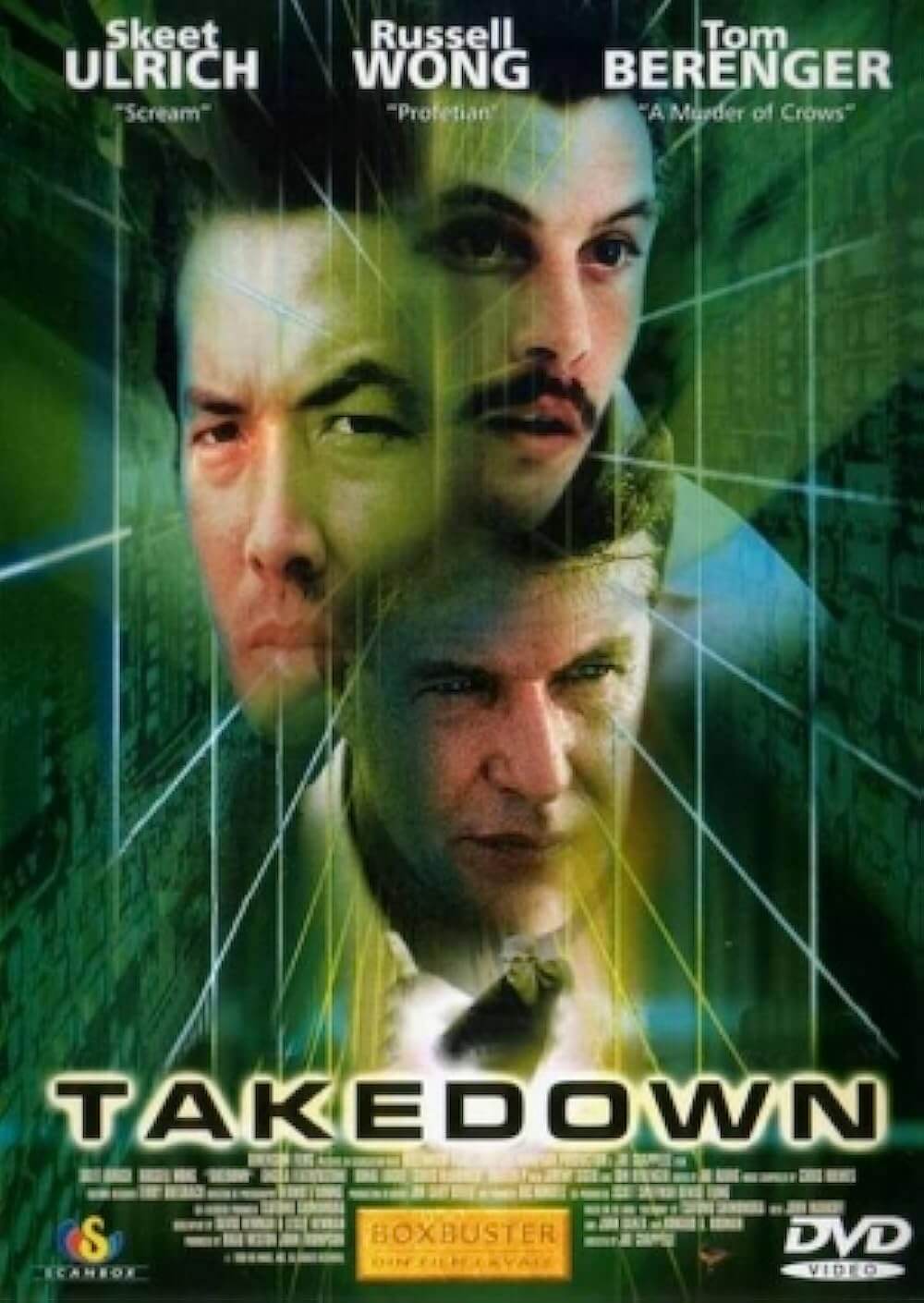
Cast: Skeet Ulrich, Russell Wong, Angela Featherstone, Donal Logue.
The hunt for a real hacker: Based on true events, “Takedown” tells the story of the hunt for Kevin Mitnick, one of the most famous hackers of all time, and his pursuit by Tsutomu Shimomura, a cybersecurity expert. The film offered an authentic look inside the hacker culture of the 90s and the duel between hackers and authorities, inspiring perceptions of the vital role of IT professionals in protecting against cyber threats.
Code SwordFish (2001)
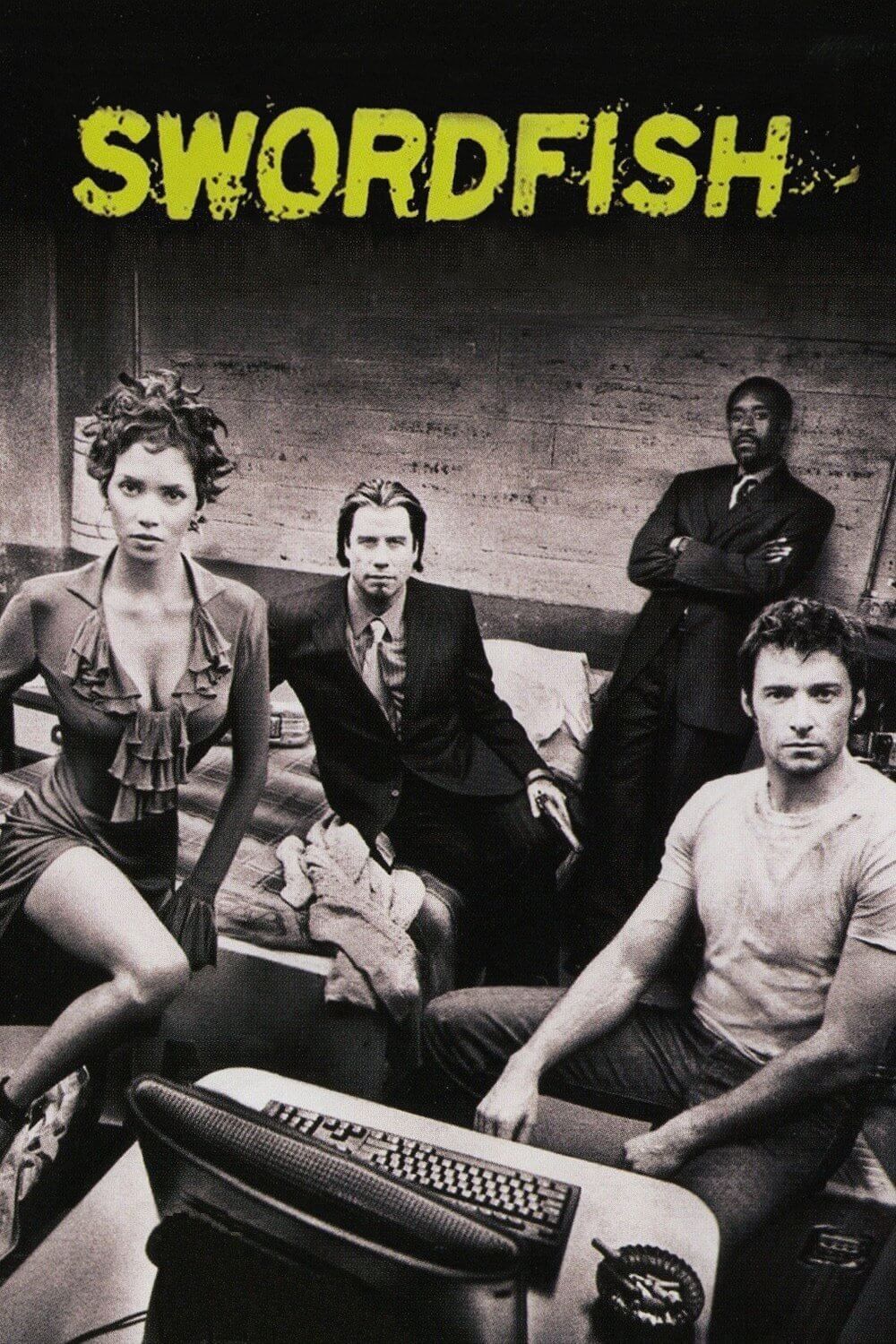
Cast: John Travolta, Hugh Jackman, Halle Berry, Don Cheadle.
Hacking and action in a high-voltage world: This film takes us into the world of Gabriel Shear (Travolta), who wishes to finance counter-terrorism using dirty money. To do so, he recruits talented hacker Stanley Jobson (Jackman) to help him infiltrate a secret government fund. “SwordFish Code” shows a world where hacking is intertwined with organized crime and action, emphasizing the importance of IT specialists capable of defending and attacking in high-stakes scenarios.
Millennium – The Girl with the Dragon Tattoo (2011)
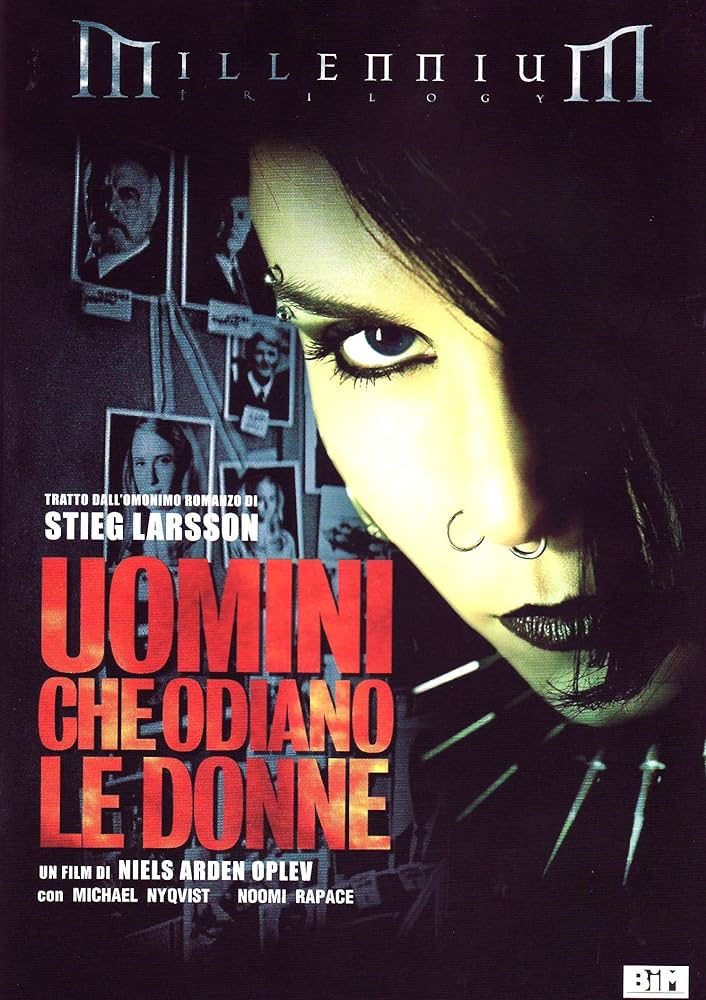
Cast: Daniel Craig, Rooney Mara, Christopher Plummer, Stellan Skarsgård.
Mystery and hacking in modern society: This thriller, based on the novel by Stieg Larsson, follows journalist Mikael Blomkvist (Craig) and hacker Lisbeth Salander (Mara) as they investigate the disappearance of a woman from a wealthy family. As they delve into a dark labyrinth of secrets and lies, “Millennium” explores themes of revenge, violence and survival, highlighting the power of information and the role of hackers in the search for the truth.
Mr. Robot (2015-2019)
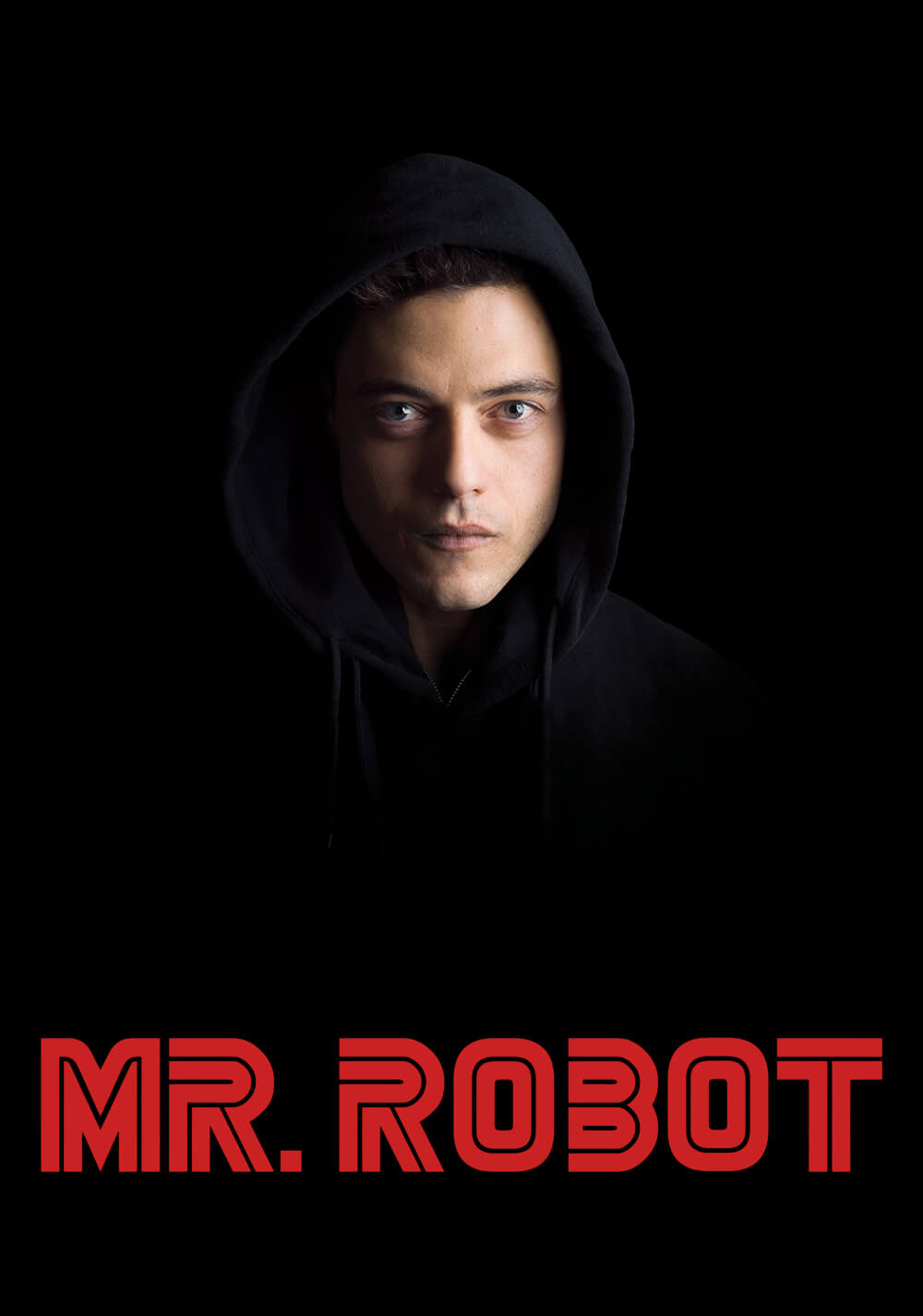
Cast: Rami Malek, Christian Slater, Carly Chaikin, Portia Doubleday.
Digital Rebellion and Fragmented Psyche: This TV series follows Elliot Alderson (Malek), a cybersecurity engineer and vigilante hacker, who is recruited into a hacktivist group aimed at overthrowing the corporate system. “Mr. Robot” stands out for its realistic depiction of hacking and cybersecurity, as well as its in-depth exploration of its protagonist's internal conflicts. The series captured the public's attention by showing how hacking can serve idealistic purposes and cause profound social change.
Conclusions
The magic of cinema has always had the power to inspire and motivate generations, but in the specific case of systems engineers and IT enthusiasts, it seems that Hollywood has played an even more crucial role. Each film and TV series listed has left an indelible imprint on computer culture, providing not only entertainment but also a catalyst for curiosity and aspiration.
From the first steps into the world of cyber warfare with “WarGames” to the recent dramatic and realistic depictions in “Mr. Robot”, each work reflected and often anticipated the technological and moral dilemmas of its times. Through charming characters, compelling stories, and often accurate depictions of technological challenges, these films and series have made hacking and cybersecurity accessible to a wide audience, sparking the imaginations of many who are IT professionals today.
What began as a passion fueled by these cinematic narratives has turned into serious and important careers, with individuals now protecting critical infrastructure, developing new technologies, and fighting cybercrime. These stories offered role models, ethical warnings, and a window into a world that, for many, was previously unexplored.
As the world continues to evolve with new technological challenges and opportunities, there is great excitement and hope that Hollywood will continue to churn out films and series that can serve as a muse for the next generation of systems engineers, developers and cybersecurity professionals. Whether exploring the depths of cyber warfare, deep learning or the new horizons of quantum technology, cinema has the power to anticipate the future, influencing those who may one day be called upon to build it.
